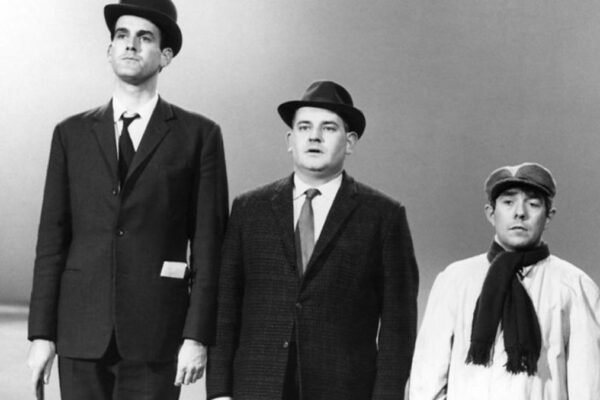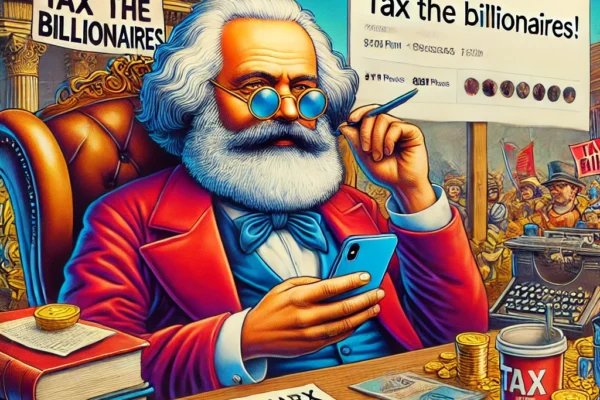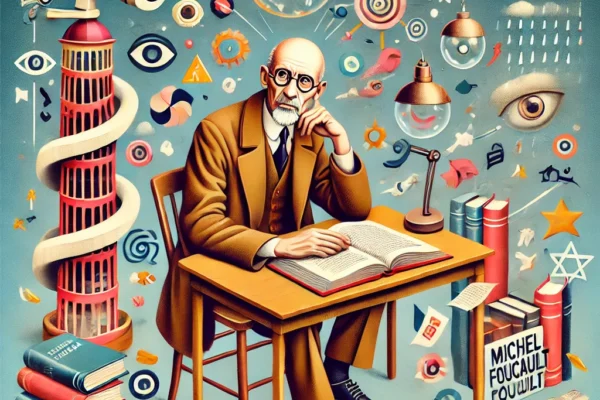
Quietly Different
A witty, thoughtful reflection on discovering you’re autistic later in life—navigating masking, awkward conversations, and the quiet joy of finally understanding yourself. Weird doesn’t mean wrong.
A proudly pointless corner of the internet serving up delightful nonsense for people who take their humour more seriously than real life.

A witty, thoughtful reflection on discovering you’re autistic later in life—navigating masking, awkward conversations, and the quiet joy of finally understanding yourself. Weird doesn’t mean wrong.

Grounded Theory: the beloved chaos engine of qualitative research. This witty deep dive explores the strange brilliance of making up your theory as you go—complete with NVivo-induced despair, reflexive diary entries, and the comforting lie of theoretical saturation.

Why is small talk so painful? Why do we overshare with strangers but avoid deep conversations with friends? Georg Simmel, the patron saint of social awkwardness, explains it all. This humorous deep dive into his theories explores why modern life is a constant battle between connection and avoidance.

Why do some people sound effortlessly intelligent while others struggle to be taken seriously? This deep dive into Basil Bernstein’s theory of elaborated and restricted code explores class, accents, and the hidden power of language—sprinkled with humour and real-world insights.

Life is a performance, and Erving Goffman knew it. From awkward small talk to workplace personas, explore how his social theory explains the farce of daily life—with humour, anecdotes, and a nod to other great sociologists.

Diane Reay’s sharp insights reveal how British schools perpetuate class inequality, from lunchboxes to league tables. A humorous yet critical look at the myths of meritocracy and what needs to change in education.

Is Karl Marx really the bogeyman he’s made out to be? This humorous yet thoughtful exploration debunks myths, examines why ‘Marxism’ is a catch-all insult today, and highlights the values we can still learn from his work.

Unpack the genius of Michel Foucault in this introduction to his theories on power, surveillance, and knowledge. Discover why society feels like a Panopticon and how Foucault’s ideas help you navigate modern life’s invisible controls.